Pet adoption is a compassionate act, but it can come with surprises. With surrenders on the rise across Australia, experts urge new pet parents to be prepared for the hidden health costs that can come with rescue animals.
Animal shelters across Australia are stretched as more families face rising living costs, downsizing and relocation. In 2023–24, more than 81,000 animals entered RSPCA shelters nationally, while Companion Animal Network Australia (CANA) reported an 11.6% increase in pet surrenders1.
While most pets do find loving homes, many arrive with unknown medical histories. This means adopters may face unexpected health challenges once their pet settles in, from chronic conditions to adjustment issues.
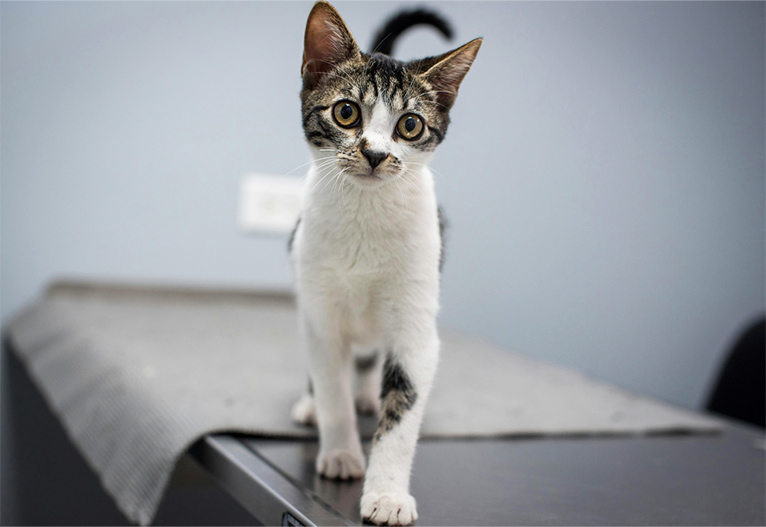
Why health costs can surprise new owners
Leading pet insurance provider Petsy says that while shelters work hard to provide vaccinations, parasite treatments and behavioural checks, not every issue is immediately obvious.
“Shelters do an amazing job rescuing, assessing and caring for household animals. Most will provide health checks, vaccinations, parasite treatments and even behavioural assessments. But it’s important for adopters to understand that some chronic conditions, particularly in older pets, may not be immediately obvious.”
Monica Limanto, Petsy Founder
Petsy’s national claims data shows illness, not injury, is the biggest driver of costs, making up 70% of approved claims. Common issues include:
- Gastrointestinal and digestive disorders (23%)
- Skin conditions (14%)
- Ear infections (9%)
Other frequent claims involve eye, urinary and respiratory problems, as well as growths, cysts and hormonal conditions. And many of these can remain hidden until a pet adjusts to its new home, routine and diet.
Preparing for adoption with confidence
Monica says asking the right questions up-front is the key to avoiding surprises down the track.
“One of the most compassionate things you can do is adopt a pet – and adopters want transparency around their pet’s health and the associated costs. A health assessment, based on a vet check, can help adopters plan their pet’s healthcare and help them step into pet parenthood with transparency and confidence.”
Monica Limanto, Petsy Founder

Petsy’s five tips for new rescue-pet parents
- Give your new rescue pet time to adjust. Your pet’s history might be unknown; it may have experienced stress, neglect or multiple homes. Try to give them a peaceful and comfortable space where they can retreat and let them adjust over time.
- Establish a gentle, predictable routine. Develop, and stick to, a routine for feeding, exercise and rest. This will help your pet feel secure, as it’s known that predictability reduces anxiety and helps build trust, especially for animals with uncertain backgrounds.
- Encourage good behaviour with positive reinforcement. Encourage your pet gently and use rewards – not punishment – to fine-tune their behaviour. Many rescue pets could be fearful or cautious, which is why patience and kindness are more effective for bonding.
- Socialise slowly. Introduce your pet to new people, other pets and environments gradually. Controlled, positive experiences will help them build confidence and adapt to their new life with minimal issues.
- Invest in health from day one. Arrange a comprehensive vet check within 30 days of adoption to find out if your pet has any pre-existing health conditions. Petsy’s pre-existing condition health assessment will give you a detailed understanding of any health conditions that will or won’t be covered by pet insurance.
“With summer approaching, when heat and allergens can flare up skin and digestive issues, and with shelters continuing to rehome thousands of animals each year, protecting both your pet and your finances is the best way to give a rescue their happily ever after.”
Monica Limanto, Petsy Founder
Sources:
- https://rspca.sfo2.cdn.digitaloceanspaces.com/public/Uploads/annual-statistics/RSPCA-Australia-Annual-Statistics-2023-2024.pdf ↩︎
Have you ever encountered unexpected health issues with a rescue pet? Leave us a comment below.





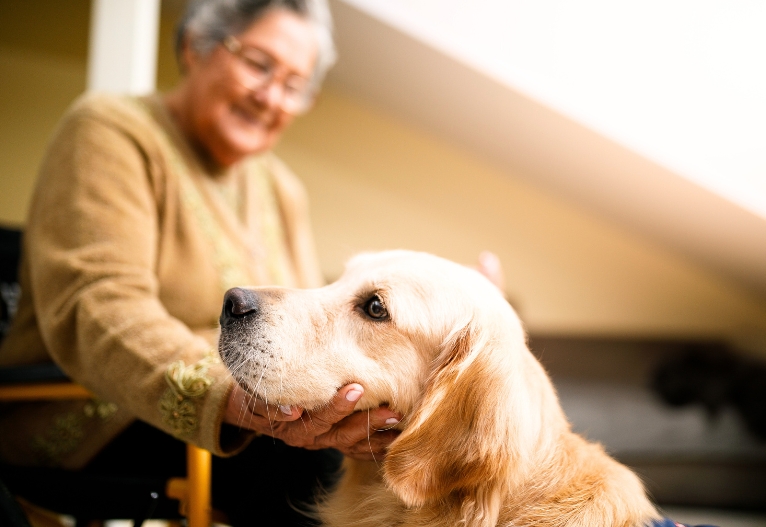

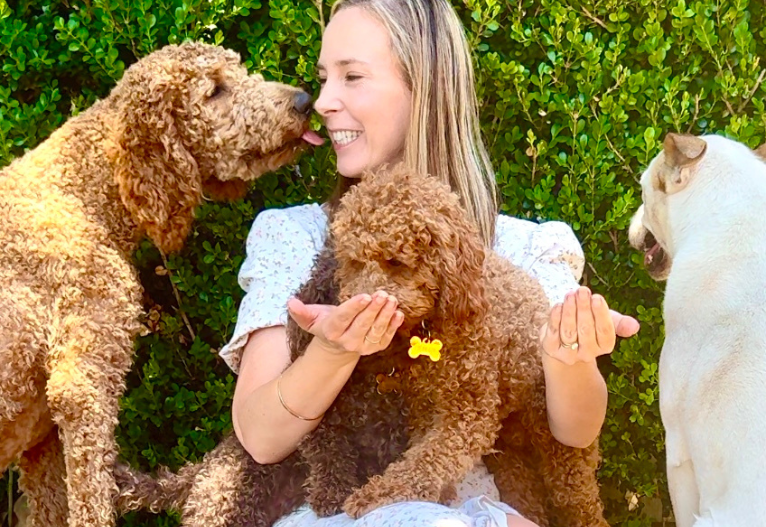


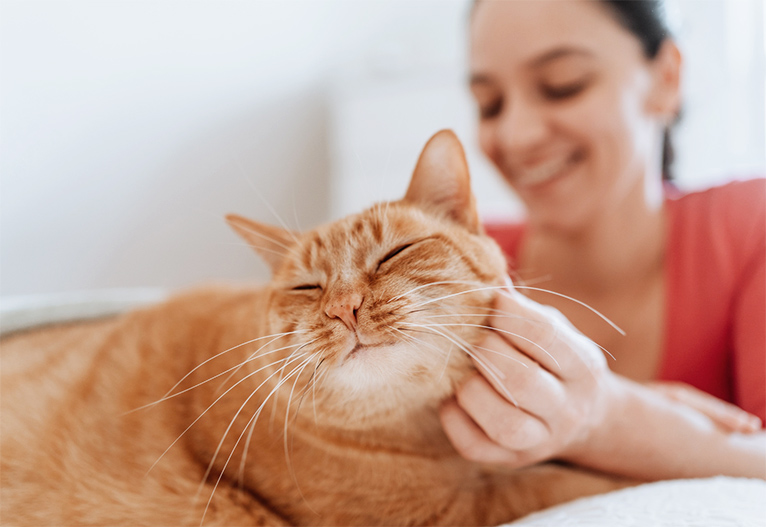


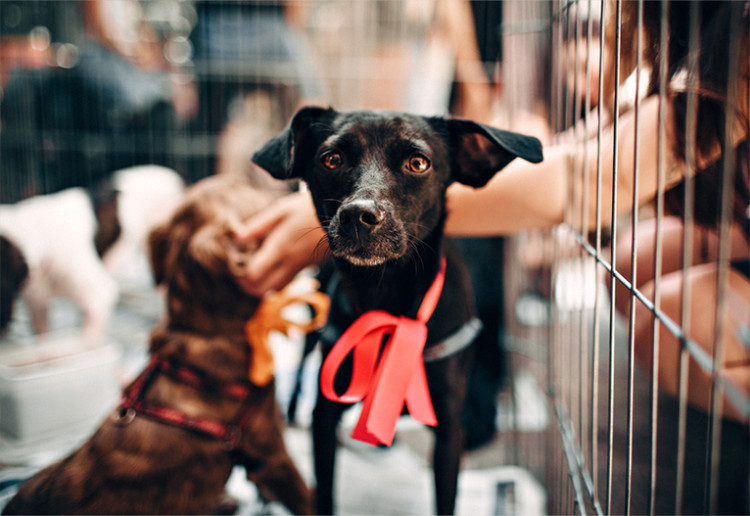
-

-
-
BH516518, VIC
- 11 Jan 2026
👍
0 Likes
-

-
-
BP517428, NSW
- 27 Nov 2025
👍
0 Likes
-

-
-
TraceyGail, NSW
- 12 Nov 2025
👍
0 Likes
-

-
-
sars_angelchik, TAS
- 06 Nov 2025
👍
0 Likes
-

-
-
Smart_ass, NSW
- 09 Oct 2025
👍
0 Likes
-

-
-
TraceyGail, NSW
- 09 Oct 2025
👍
0 Likes
-

-
-
Myfurrloves, NSW
- 07 Oct 2025
👍
0 Likes
-

-
-
BH516518, VIC
- 06 Oct 2025
👍
0 Likes
-

-
-
ChiWren, QLD
- 02 Oct 2025
👍
0 Likes
Post a commentTo post a review/comment please join us or login so we can allocate your points.